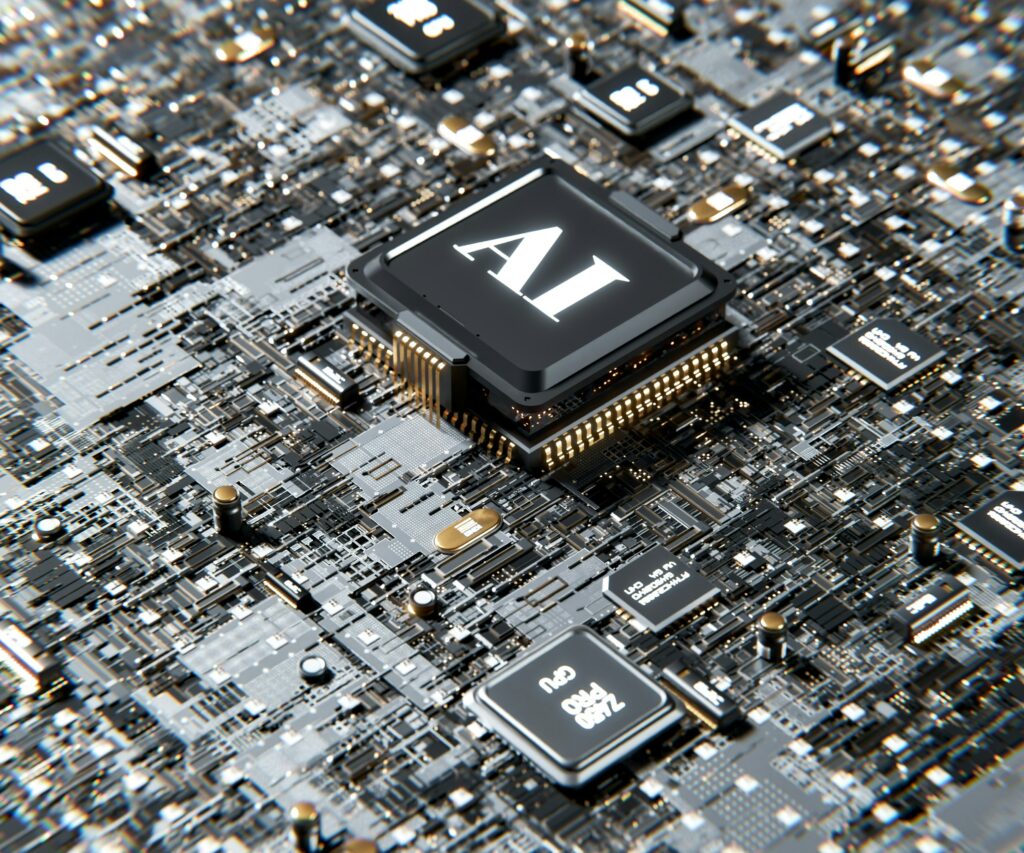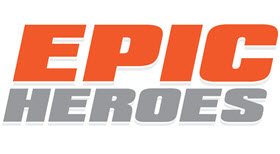Collaborative AI Development: The Role of Open-Source Models in Fostering Innovation

Open-source models have emerged as a critical catalyst for innovation. These models, such as Fireworks.ai, shared freely and openly on the internet, empower a diverse community of developers, researchers, and hobbyists to participate in AI development. By democratizing access to cutting-edge technology, open-source AI fosters a culture of collaboration and experimentation.
This, in turn, accelerates the pace of innovation, enabling the development of more sophisticated and specialized AI applications. This chapter explores the significance of open-source models in the AI ecosystem, highlighting how they facilitate technological advancement and promote a more inclusive and equitable field.
The benefits of using open-source models in business for collaboration
Efficient collaboration in AI development is paramount. Closed-source methods often lag, unable to keep pace with AI’s dynamic nature. Open-source models, however, foster inclusive ecosystems where diverse developers converge, accelerating innovation and development cycles. Mistral AI epitomizes this ethos, sharing its tools and methodologies to cultivate a culture of collective learning.
By embracing transparency, AI expedites problem-solving and fosters partnerships across the AI community, from startups to tech giants. These entities are united in advancing AI technology, and their commitment underscores the transformative potential of openness and collaboration in propelling innovation in the competitive AI landscape.
The challenges associated with implementing open-source models and how to overcome them
Implementing open-source models can have its fair share of challenges. One of the biggest hurdles is ensuring the model is compatible with your existing systems and infrastructure. This could mean investing in additional hardware, software, or personnel to make the implementation seamless.
Another challenge is customization. While open-source models offer flexibility, they lack the level of customization that proprietary software can offer. However, thorough planning, research, and collaboration with the open-source community can overcome these challenges.
Breaking down the implementation process into smaller, manageable steps can address potential issues before they escalate. Engaging the open-source community can also help in finding solutions and workarounds to any challenges that may arise. Despite the challenges, open-source models can be a powerful technological innovation and growth tool.
Mistral AI’s Collaborative Approach to AI Development
Mistral AI’s open-source philosophy extends beyond business benefits, fostering collaboration in the AI community. Sharing tools and methods promotes transparency, mutual learning, and innovation among global AI researchers and developers. This approach accelerates problem-solving and leads to innovative solutions.
Additionally, Mistral AI’s commitment to open source fosters partnerships with startups and tech firms, advancing AI technology through collaboration. It’s a prime example of how openness and collaboration drive progress in artificial intelligence.
Future Directions for Open-Source AI Collaboration
Using open-source models in AI development is a relatively new and rapidly evolving trend. As such, this sphere has limitless possibilities for future directions and advancements. One direction that holds great potential is the integration of open-source AI models with other emerging technologies like blockchain, the Internet of Things (IoT), and virtual reality. This could lead to more efficient and secure AI systems, opening up new applications and use cases.
Another exciting possibility is collaboration between open-source AI models and human intelligence, where humans can train and improve AI algorithms. This could lead to more accurate and ethical AI solutions and promote a deeper understanding of human-AI interaction. As the field of artificial intelligence continues to evolve at a rapid pace,
Final Thoughts
The landscape of artificial intelligence is continually evolving, and open-source models have played a pivotal role in this development. These models have democratized AI, breaking down barriers to entry for developers worldwide and fostering a culture of collaboration and innovation.
By leveraging the collective intelligence of a global community, open-source AI paves the way for rapid advancements and the creation of diverse, impactful applications. However, the success of open-source AI is not without its challenges, requiring ongoing commitment to collaboration, transparency, and ethical considerations.
As we look to the future, the potential for open-source AI to revolutionize industries and improve lives is immense, provided we continue to nurture the community and principles that have made it so powerful. The journey of open-source AI is far from over; it is just beginning, promising a future of unparalleled innovation and collaboration.
 Epic Heroes Entertainment Movies Toys TV Video Games News Art Pop culture news goodness
Epic Heroes Entertainment Movies Toys TV Video Games News Art Pop culture news goodness




